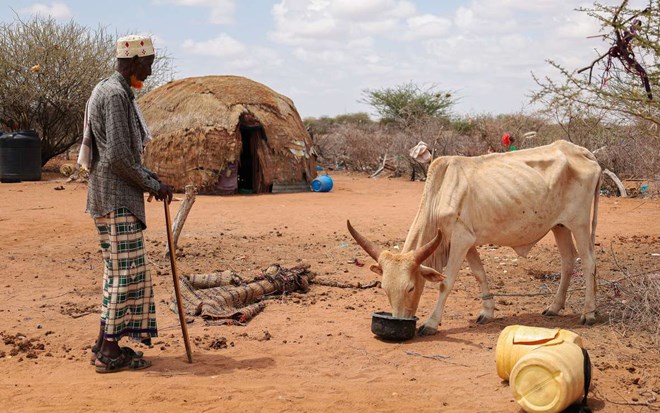The United Nations Population Fund (UNFPA) cautioned on Monday that Ethiopia continues to suffer significant humanitarian issues as a result of natural and man-made disasters.
“Ethiopia continues to face huge humanitarian challenges, with conflict and displacement, extended drought, floods, and disease outbreaks as the main drivers of need,” the UNFPA said in its humanitarian response situation report released Monday.
It stated that prolonged food insecurity in northern Ethiopia, as well as subsequent dangers in drought and flood-affected areas, are having a negative impact, leading to health risks and heightened security concerns.
According to UNFPA data, approximately 20 million people are currently in need of humanitarian aid across the East African country.
According to the report, the countrywide suspension of food aid, the spread of disease outbreaks such as cholera, malaria, and dengue fever, as well as the ongoing influx of thousands of displaced people fleeing violence in neighbouring Sudan and Somalia, continue to strain health and protection systems due to overlapping crises and insufficient funds and resources.
According to the UNFPA, flooding caused by recent rains have displaced thousands of people in Somalia, Oromia, Southern Nations, Nationalities, and Peoples (SNNP), Gambella, and Afar areas.
According to current UN data, flooding have affected almost 37,000 families in Ethiopia’s Somali region alone.
According to the UNFPA, the continuing cholera outbreak has extended throughout 74 districts in the Oromia, Sidama, Somali, and SNNP regions, with a total of 11,960 cases, while malaria has afflicted 272,400 individuals in the Oromia region alone.
Although humanitarian partners are providing life-saving assistance such as housing, non-food items, water, and protective services, it is stated that more assistance is required to meet the predicted additional arrivals in the coming months of 2023.

